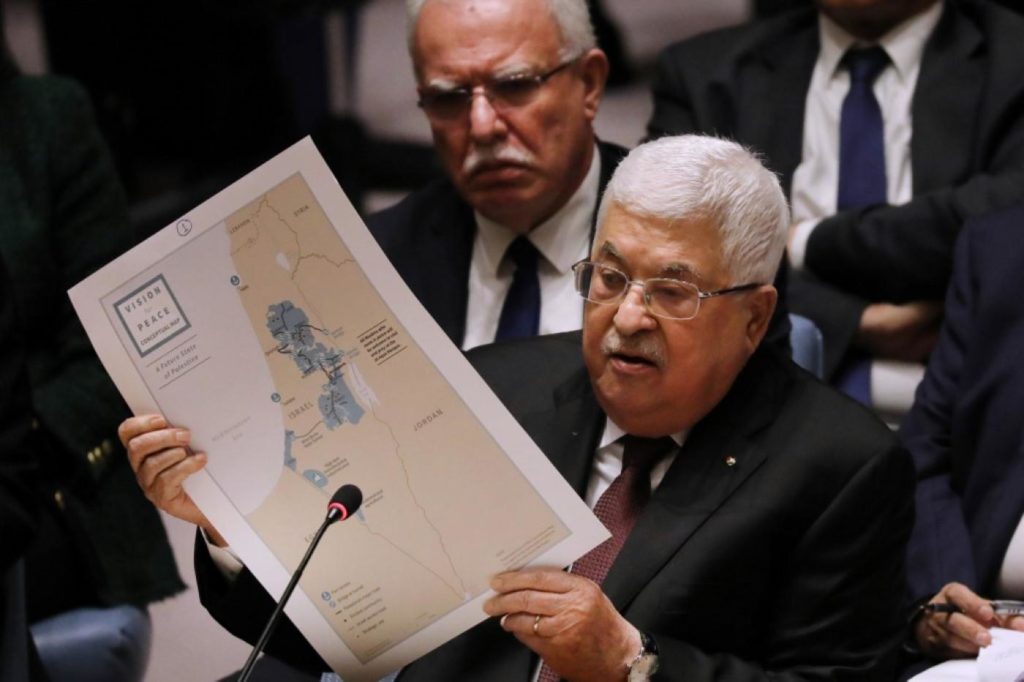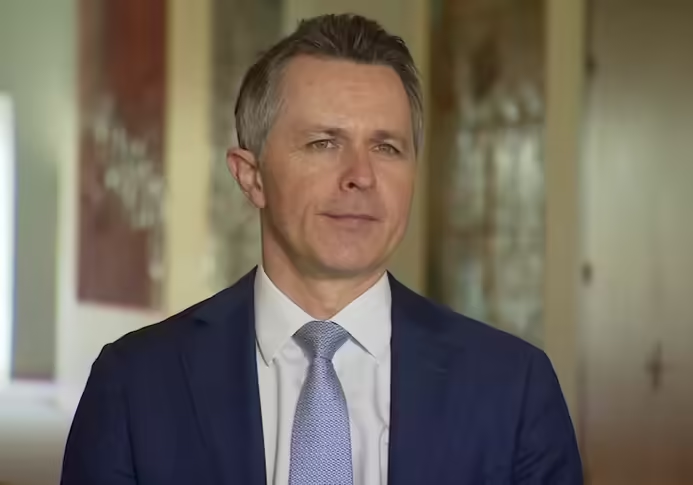Australia/Israel Review
Media Microscope: States of Confusion
Jul 7, 2020 | Allon Lee

Many commentators in the media critical of the Netanyahu Government’s announced intention to begin the process of applying Israeli sovereignty over parts of the West Bank ignored two critical pieces of context: first, the refusal of Palestinian leaders to accept multiple Israeli offers to create a Palestinian state and; second, the details of US President Donald Trump’s January 2020 peace plan that would allow the sovereignty extension in some areas, but also create a Palestinian state in the rest.
In the Saturday Age (May 23), academics Anas Iqtait and Tristan Dunning mentioned “Trump’s plan” but then avoided any details. Instead they claimed, “Israeli annexation would mean the elimination of the very few possibilities left for achieving [a two-state] solution.”
The pair criticised what they saw as Australia’s inadequate support for the two-state solution, such as not voting in favour of a one-sided resolution condemning Israel at the UN Human Rights Council in 2018.
On June 3, the Age published AIJAC’s Jamie Hyams’ response, which said Palestinians receive “vastly preferential treatment on the international stage, with Australia one of the few countries principled enough to call this out. Without this favouritism, the Palestinians may well have had a state by now.”
Hyams suggested Palestinian leaders remain intransigent because they “don’t genuinely accept Israel’s right to exist in peace, and any two-state resolution would require the end of all further claims.” He explained that “Israel has legal claims to the area after the 1920 San Remo Convention and League of Nation decisions designated it as part of a future ‘Jewish national home’. Israel thus has at least as much right to this territory – more accurately described as disputed than occupied – as any other country.”
In the Canberra Times (June 11), journalist Neheda Barakat refreshingly acknowledged that Palestinian leaders “had missed a number of opportunities to resolve the conflict – partition proposals from prime minister Ehud Barak in 2000, prime minister Ehud Olmert in 2007 [sic] and US president Barack Obama in 2014” but then strongly criticised Israel under Binyamin Netanyahu’s tenure. Of course, Netanyahu was actually Israel’s prime minister in 2014. Whoops.
The paper (June 17) ran AIJAC’s Allon Lee’s response which detailed Palestinian Authority President Mahmoud Abbas’ spoiler role over the past 25 years in spiking Israeli offers of a state, including in 2008 when, as Abbas himself has said, he “rejected ‘out of hand’ Olmert’s offer of a state on the equivalent of 100 per cent of the West Bank, all of Gaza, and a capital in east Jerusalem.”
In the Hobart Mercury (June 22), serial Israel critic Greg Barns slammed Israel while implying it was annexing all of the West Bank. How can you condemn an action that hasn’t actually taken place and which Israel has never actually said it would do?
In the Sydney Morning Herald (June 25), academic Ben Saul dismissed Trump’s plan to create a Palestinian state, and denied Israel has any right to be in the West Bank, saying, “annexation would be a violent, predatory, lawless act. It would compound the illegitimacy of Israel’s half-century occupation of Palestine… is not democratic, since millions of Palestinians cannot vote in Israeli elections. Far from creating peace, it would doom Israelis and Palestinians to a future of ceaseless violence.”
On ABC Radio National’s “Religion & Ethics Report” (June 10) academic Eyal Mayroz suggested Palestinians should not be expected to accept 70% of the West Bank as Trump’s plan proposes because “this is a tiny bit of what was promised of them in 1948 and what was theirs even beforehand. So their sacrifice has already been made…just by accepting the West Bank and the Green Line as a compromise.” If Palestinian Arab leaders had not rejected the UN Partition Plan in 1947 by going to war, the Palestinian state would have been much greater than what is on offer now, but they certainly never had any sovereignty over any area before 1948, as Mayroz strongly implied.
On ABC Radio National “Saturday Extra” (June 13), Netanyahu’s biographer Anshel Pfeffer cautioned that “July 1 will probably be just another step in promising something vague but not actually carrying anything out.” He said Netanyahu’s top priorities have always been Iranian, Islamist and regional threats. Fellow guest panellist Palestinian journalist Daoud Kuttab largely agreed, saying, “Netanyahu is a person who really likes to have good relations with the top leaders of the world” and would be wary of having sanctions placed on Israel, as happened to Russia when it invaded Crimea.
Tags: Australia, Israel, Media/ Academia, Palestinians






